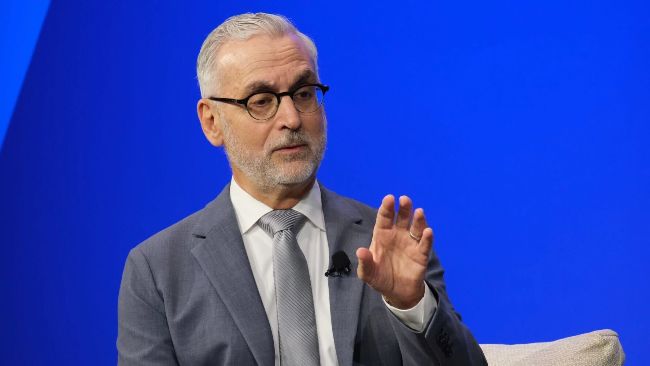Ripple’s Chief Legal Officer Stuart Alderoty has renewed calls for clear cryptocurrency regulations in the United States, warning that the country’s leadership in digital finance is at stake. Speaking to industry stakeholders, Alderoty emphasized that Americans want straightforward rules governing digital assets and urged Congress to act decisively to provide long-awaited regulatory clarity.
The Need for Clear Crypto Rules
The U.S. crypto market has operated for years under a patchwork of guidelines from agencies such as the Securities and Exchange Commission (SEC) and the Commodity Futures Trading Commission (CFTC). This fragmented approach has left many blockchain companies uncertain about compliance requirements, hampering innovation and deterring investment.
Alderoty argued that without a unified regulatory framework, entrepreneurs may shift operations to jurisdictions with clearer rules, such as the European Union or Singapore. He stressed that a failure to act risks ceding technological leadership to other nations that have already established comprehensive crypto policies.
Legislative Momentum and Challenges
Several bills aimed at defining digital asset classifications and establishing consumer protections are currently circulating in Congress. However, partisan disagreements and competing priorities have slowed progress. Alderoty urged lawmakers to push past political gridlock and “finish the job,” highlighting strong public support for cryptocurrency innovation and the economic opportunities it can create.
He also pointed to Ripple’s own legal battles with the SEC as an example of the uncertainty facing U.S.-based crypto firms. Despite recent court rulings clarifying aspects of XRP’s status, broader regulatory ambiguity remains.
Takeaway
Alderoty’s remarks reflect growing pressure on U.S. policymakers to establish a comprehensive digital asset framework. As global competition intensifies, clear regulations could unlock innovation, attract institutional capital, and protect consumers. Without swift action, the United States risks losing its position as a leader in the rapidly evolving crypto economy.

